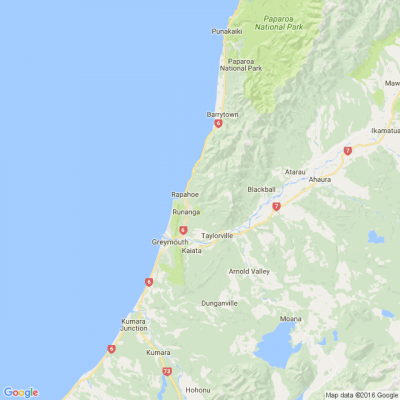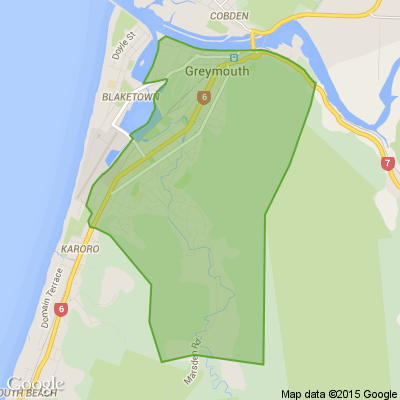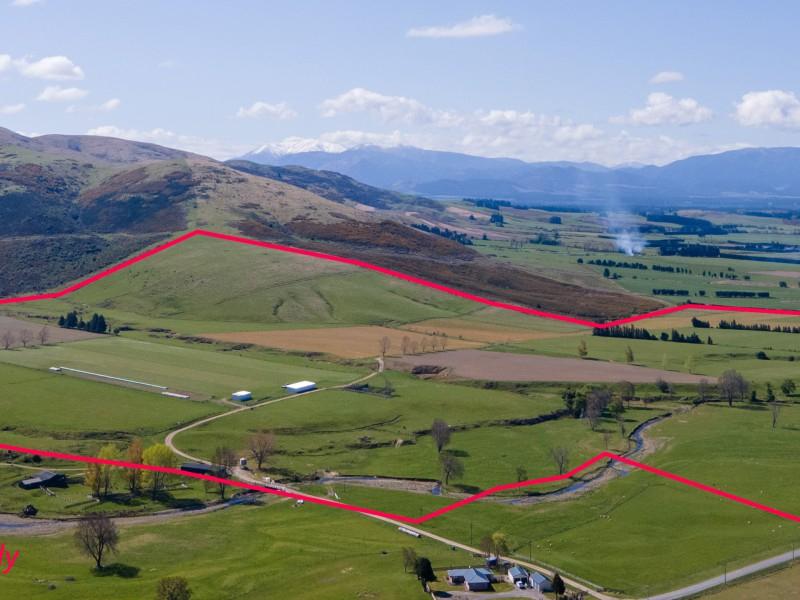Councils warn Coast to be penalised in road funding change
By local democracy reporter Brendon McMahon:
Changes to emergency work provisions in the National Transport Fund will cut local road funding and hurt West Coast communities, say the region's four councils.
In a joint submission, the Buller, Grey, and Westland district councils along with the West Coast Regional Council, have called for greater interagency collaboration in "a cohesive approach" to road planning and investment.
The submission will be tabled at the regional council's Resource Management Committee next week.
They are concerned changes to the funding of emergency works under the NZ Transport Agency (NZTA) Emergency Works Policy Review will leave areas like the West Coast worse off - at a time when extreme weather is closing its roads with increasing frequency.
"The likely consequence is a reduction in level of service on local roads, reduced maintenance, and unintended negative social and economic consequences for local communities and tourists," the joint submission says.
The councils acknowledge both they and the NZTA are challenged to "sustainably fund" road fixups in the face of the increasingly intense weather related events.
But they say while the emergency work provision review helps NZTA to address pressure on the National Land Transport Fund, the proposed changes to the eligibility criteria and funding assistance rates "will transfer considerable costs" to local councils.
District councils are already under "extreme pressure" to fund core road maintenance, operation and renewal, the submission says.
"More frequent and intense storm events resulting in flooding of roads and instability of adjoining land have highlighted the vulnerabilities of the West Coast road network."
The resulting disruption sometimes saw "displacement" of its communities with very prominent examples including "stranded tourists".
Other big impacts were the inability to move fast moving consumer goods and freight, the impact on the region's primary industries, and the loss of access to the DOC estate including the great walks in the region.
"The likely consequence of the proposed policy changes - in conjunction with forecast intensity and frequency of future weather events -
- is a reduction in level of service to our communities and businesses," the submission says.
The potential for longer or permanent road closures, loss of access, and "unintended negative social and economic consequences" were real consequences.
The Coast councils are particularly worried at the proposed change to the qualifying return period for an emergency event, for central government road repair funding, to a minimum frequency of a one-in-20-year event.
"This is a significant event size increase, and as event return periods are changed as climate models are updated, it is likely that a qualifying 1-in-20-year event today could soon be a non-qualifying 1-in-15-year event."
Further, Niwa forecasts for weather related events to 2040 predicted increased intensity of cyclones, short term high intensity rainfall event by plus 4.7% for every 1C increase.
The councils are also concerned the change to subsidy provisions for local road controlling authorities who cannot afford to pay for road fixes after a major event will penalise areas with high deprivation.
As an example the Buller District Council, a high deprivation area, was still recovering from the 2021 and 2022 storm events which represented about $16.5 million of capital works now being completed on its roads.
That had only been possible due to a bespoke 95% subsidy via the NZTA.
"Without this support the community of Buller ... would not have been able to deliver this return to service for our communities."

Poll: Is it rude to talk on the phone on a bus?
Buses can be a relaxing way to get home if you have a seat and enough space. However, it can be off-putting when someone is taking a phone call next to you.
Do you think it's inconsiderate for people to have lengthy phone calls on a bus? Vote in the poll, and add your comments below.

-
64% Yes
-
33.7% No
-
2.3% Other - I'll share below
Become an SPCA Foster Hero!
Kitten season has arrived, and over the next six months, over 8,000 cats and kittens will come into SPCA’s care. Please help us give these babies the best start in life and sign up to be a foster parent today! It's not just cats and kittens - we are also urgently seeking foster homes for dogs and small animals.
Fostering saves lives and helps these tiny babies grow into healthy, well-adjusted adults, ready for adoption. We cover all training and costs. All you need is time and love to spare!
Sign up today and save a life!
Become an SPCA Foster Hero!
Kitten season has arrived, and over the next six months, over 8,000 cats and kittens will come into SPCA’s care. Please help us give these babies the best start in life and sign up to be a foster parent today! It's not just cats and kittens - we are also urgently seeking foster homes for dogs and small animals.
Fostering saves lives and helps these tiny babies grow into healthy, well-adjusted adults, ready for adoption. We cover all training and costs. All you need is time and love to spare!
Sign up today and save a life!










 Loading…
Loading…

















